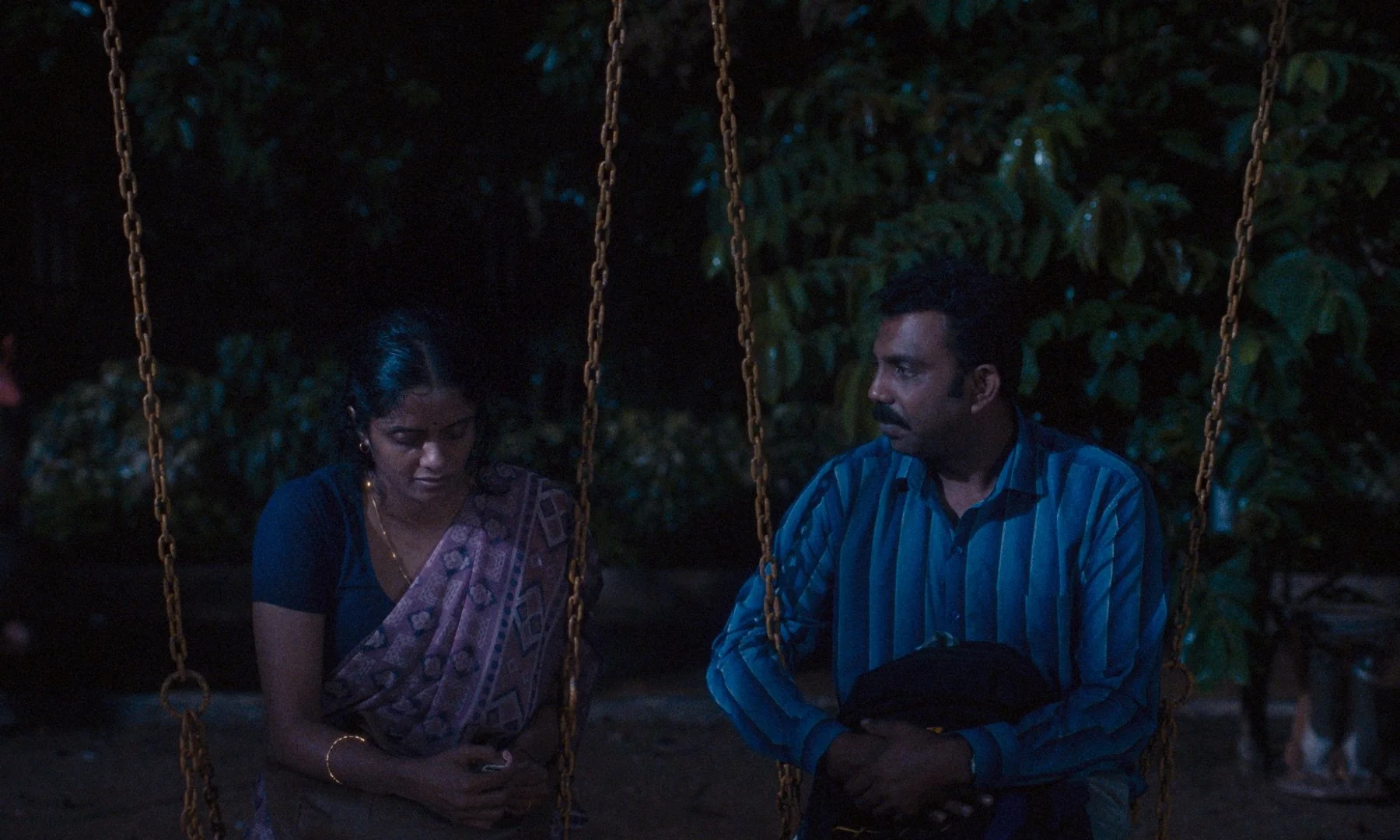Luminous
Payal Kapadia’s not-Oscar nominee may have been robbed of a giant spotlight but it probably doesn’t need the help.
all We Imagine as Light
Director: Payal Kapadia • Writer: Payal Kapadia
Starring: Kani Kusruti, Divya Prabha, Chhaya Kadam
India / France / Netherlands / Italy • 1hr 55mins
Opens Hong Kong May 1 • IIB
Grade: B+
Few films come with the critical and awards cred that Payal Kapadia’s All We Imagine as Light does. The film was a Grand Prix winner at Cannes and Best Film winner at the Asian Film Awards in March (where it beat Exhuma, Twilight of the Warriors: Walled In and Black Dog) – among roughly 188 other accolades – and yet it was strangely not selected by the powers that be in India to be the country’s international Oscar entry earlier this year. That was a whole thing, and in the middle of the ruckus the president of the Film Federation of India was quoted as saying, “The jury said that they were watching a European film taking place in India, not an Indian film taking place in India.” In 2025 saying an Indian film feels European, or an American film feels Hong Kong-ish (anything by Quentin Tarantino or Gareth Evans), or a Senegalese film feels like a spaghetti western, itself a mish-mash of influences (Jean Luc Herbulot’s Saloum) is a slap in the face to film schools. Perhaps the Federation was simply not interested in recognising the experiences of modern Mumbai women. Whatever the case, All We Imagine as Light is entirely Indian, by whatever metric you use, and is a refreshing portrait of the OG maximum city free of random song and dance numbers.
And if you think for a second I’m slagging off song and dance in Indian cinema I assure you I am not. But that’s not all there is, and writer-director Payal Kapadia’s tranquil, humanistic contemplation of the diversity of the teeming life in the big, big, big city is a minor key pleasure where nothing really “happens” but plenty really does if you scratch the surface. A relaxing sigh likely comes about 10 minutes into All We Imagine as Light, just before you let yourself go with its flow.
What little story there is (that’s a good thing) focuses on two nurses and a cook working in a Mumbai hospital: the by-the-numbers, very proper Prabha (Kani Kusruti), married to a man living in Germany who she’s met all of once; the younger, more adventurous Anu (Divya Prabha), who’s carrying on a secret romance with a Muslim man, Shiaz; and Parvathy (Chhaya Kadam), who Prabha is helping fight a scumbag developer who wants the land her dormitory sits on. When it becomes clear she’s never going to win that fight, Parvathy quits her job and moves home to her village in Maharashtra. Anu and Prabha help her relocate, then they all have a drink at a beach side shack café.
That’s it.
Of course that’s not it, and despite a lack of what we’re trained to think of as narrative momentum, Kapadia layers quiet moments and little gestures on top of each other until she’s got a thick sandwich of character and determination seasoned with dense emotional undercurrents. The film is mesmerising and lyrical in equal parts, sometimes bracing in the way it captures the rhythms of Mumbai, but always comfortable in how universal its themes are. Prabha, sadly, brushes off a doctor who’s totally into her because of her self-imposed propriety while Anu revels in the kind of youthful rebellion she’s convinced is cutting-edge – but that Prabha and Parvathy just roll their eyes at with an unspoken, knowing “Sure, kid,” tacked on. The tactile cinematography by relative newcomer Ranabir Das in a compressed 1.66:1 frame drapes an intimate tone on top of the images while somehow making the three women seem even more isolated than they feel.
And yet, there’s something joyful in the rah rah sisterhood among the trio that trumps the film’s inherent sorrows. Kapadia’s script casts a critical eye on the shit Indian women have to deal with on the daily, but it’s also embracing of a unwritten culture of femininity that’s there to fall back on when needed. It’s in this milieu that Prabha finds the backbone to confront her absent husband, and that Anu realises there won’t be any “But he’s a Muslim!” howling over Shiaz, at least not from Prabha and Parvathy. Malayalam actors Kusruti (Biriyaani) and Prabha (Declaration) and Hindi/Marathi Kadam (Nude) – the film is spoken in all three languages – are weary, nervously energetic, understatedly furious and “over it” at various times, and each brings a level of dignified veracity to their characters that make these women resonate beyond the sub-continent. All We Imagine as Light’s charms lie in its mundanity; in its prosaic lives and recognisable personal quagmires. Better still they’re in the matter-of-fact acceptance of and respect for those prosaic lives as they are. It makes you want to pull up a chair on the beach.



